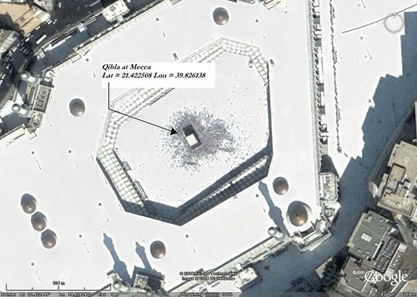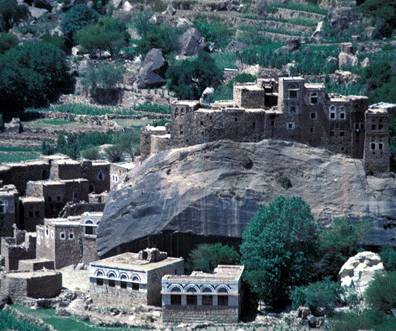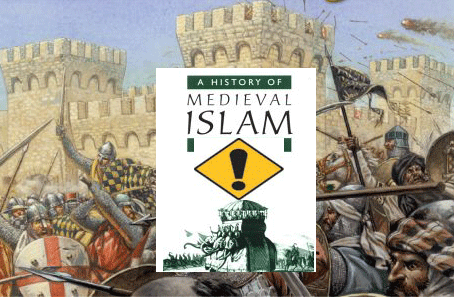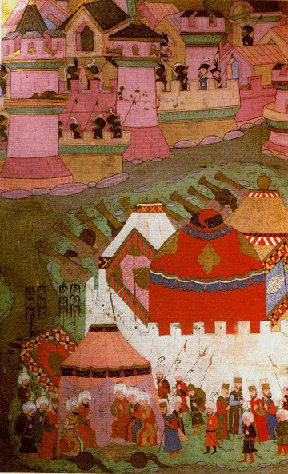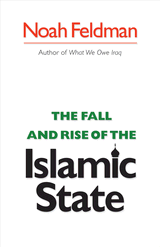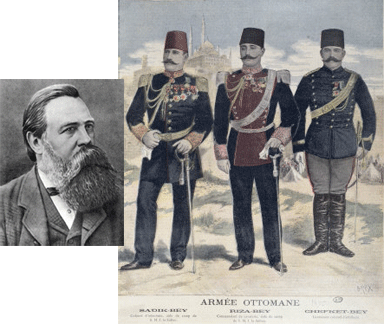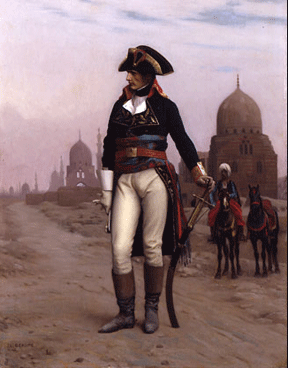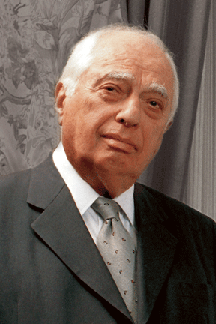
[Editor’s Note: I include this article not because I agree with its spin, but due to the irony of someone attacking Bernard Lewis for being soft on terrorism in the name of Islam.]
By Andrew G. Bostom
FrontPageMagazine.com | Friday, March 14, 2008
Last week (March 6, 2008) The Jerusalem Post published an interview with historian Bernard Lewis that touched on a range of subjects, from Lewis’ own cultural identity, to his views on feminism and jihad.
Writer Rebecca Bynum has commented aptly on Lewis’ remarks about feminism, and the condition of women; I will confine my own analysis to Lewis’ remarkable statements on the jihad.
Lewis’ Claim (1):
What we are seeing now in much of the Islamic world could only be described as a monstrous perversion of Islam. The things that are now being done in the name of Islam are totally anti-Islamic. Take suicide, for example. The whole Islamic theology and law is totally opposed to suicide. Even if one has led a totally virtuous life, if he dies by his own hand he forfeits paradise and is condemned to eternal damnation. The eternal punishment for suicide is the endless repetition of the act of suicide. That’s what it says in the books. So these people who blow themselves up, according to their own religion – which they don’t seem to be well-acquainted with – are condemning themselves to an eternity of exploding bombs.
Doctrinal and Historical Reality (1):
But Lewis conflates “suicideâ€â€”as the tragic outcome, for example, in modern parlance, of clinical psychiatric depression, which is impermissible in Islam—with “martyrdom,†which is extolled.
“Martyrdom operations†have always been intimately associated with the institution of jihad. Professor Franz Rosenthal, in a seminal 1946 essay (entitled, “On Suicide in Islamâ€), observed that Islam’s foundational texts sanctioned such acts of jihad martyrdom, and held them in the highest esteem: Continue reading Bernard Lewis Gets It Wrong →
